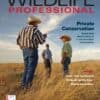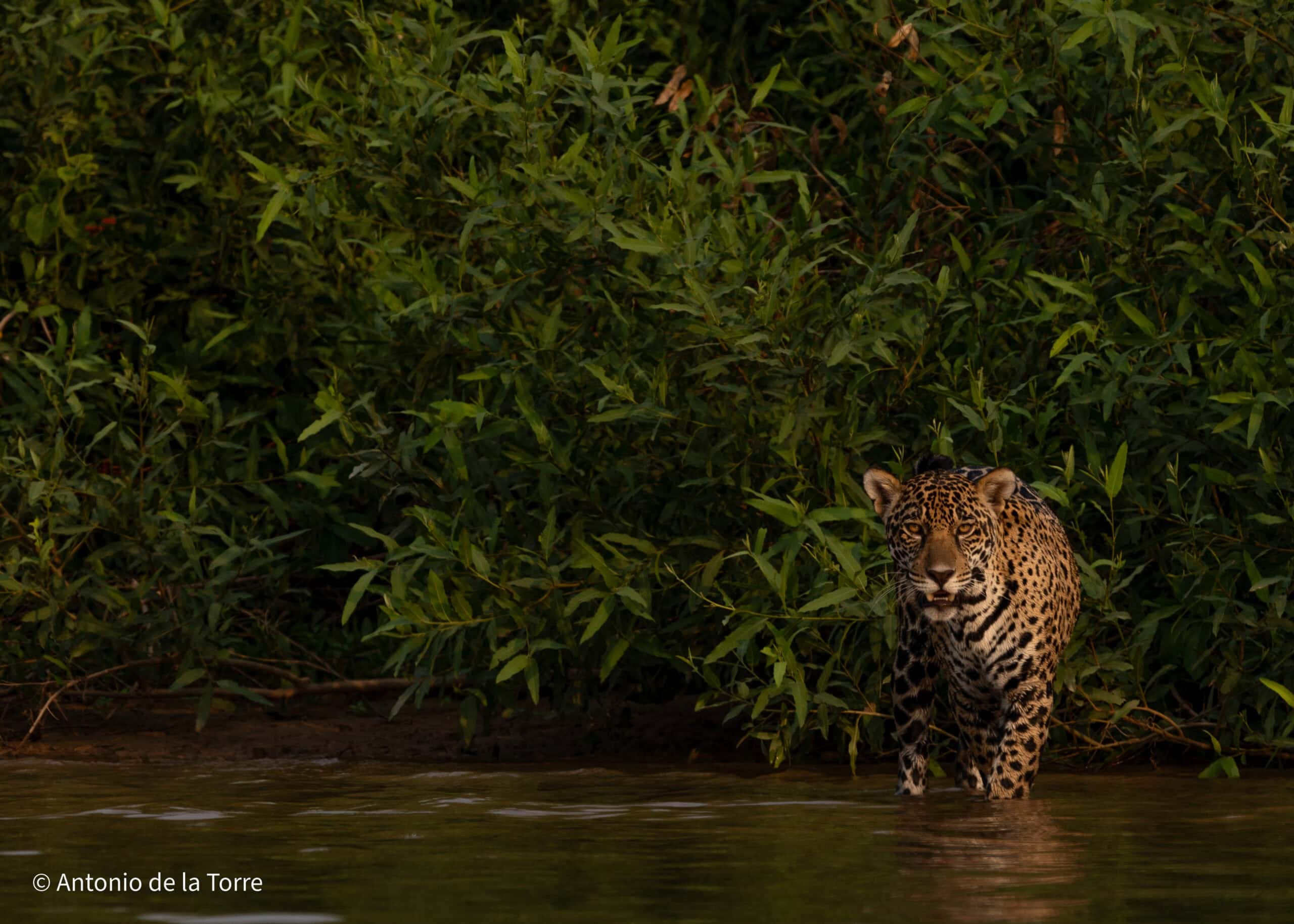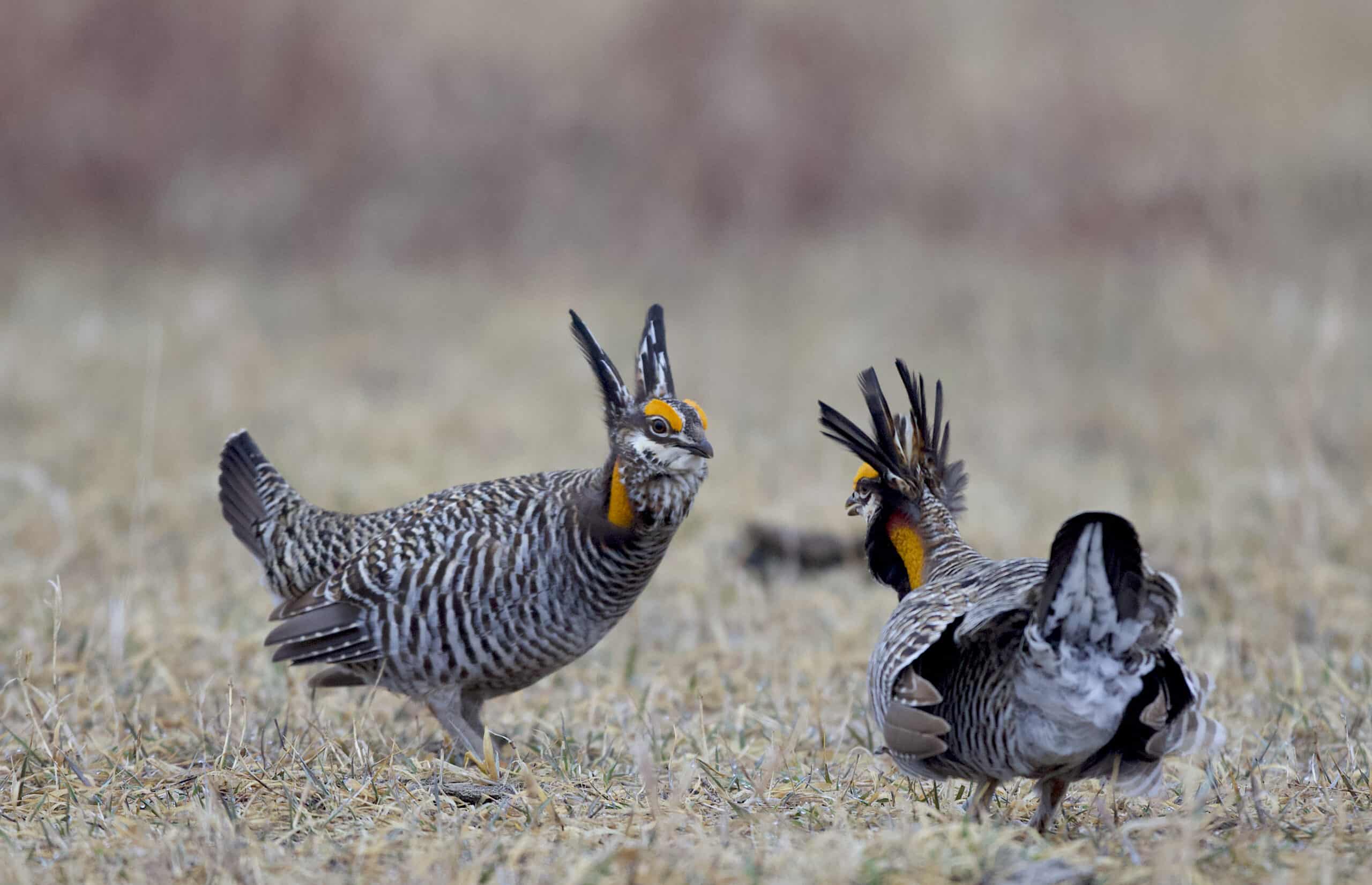Share this article
Wildlife Featured in this article
- tigers
COVID lockdowns brought tigers closer to roads
GPS-collared male and female tigers responded differently to the lockdown
When COVID-19 lockdowns brought less traffic in Nepal, tigers began using areas by roads that they would previously avoid. Before the pandemic, researchers were concerned about how road expansion on the East-West Highway in Nepal would impact tigers (Panthera tigris), which are endangered in all of their ranges throughout the world. Researchers fit two wild tigers—one adult male and one adult female—with GPS collars to help them understand more about how the expansion project might affect them. But during their study, the government implemented a COVID-19 lockdown from April 30 to Sept. 1, 2021. Since traffic became reduced around the highway, it was the perfect opportunity to study effects on tigers. The lockdown resulted in a tripling of the male tiger’s home range, and the tiger crossed the highway much more than before the lockdown. The female tiger was less affected, but it also crossed the highway more easily during the lockdown. However, its home range actually shrank during the first month of lockdown. The team suspects the female, which came from a national park where traffic speed is tightly controlled, was already used to that kind of system, which is why it may have been less impacted by the lockdown. “Our results provide clear evidence that vehicle traffic on major roads impedes tiger movements, but also that tigers can respond quickly to reductions in human pressures,” said lead author of the study Neil Carter, a conservation ecologist at the University of Michigan’s School for Environment and Sustainability. “The fact that both tigers immediately changed their behaviors is encouraging because it means that mitigating road impacts can lead to quick conservation benefits by enabling tigers to more freely roam their territories.”
Header Image: Tigers strayed closer to roads during COVID-19 lockdown in Nepal. Credit: Sascha Kohlmann








